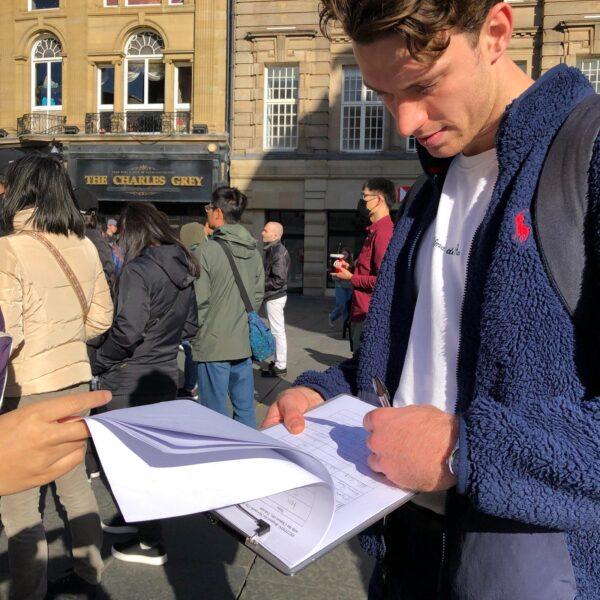At least eight municipalities and two provinces in the Netherlands have severed ties with their Chinese sister municipalities as Dutch public officials strive to uncouple from communist China, according to a new report.
Dutch municipalities such as Breda, Tilburg, and Eindhoven severed ties with their Chinese sister cities at the insistence of local councils, according to the report.
The city of Arnhem ended its sister-city relationship with the central Chinese city of Wuhan in 2021.
Dutch universities “are also increasingly reluctant to accept Ph.D. students with scholarships subsidized by the Chinese government”—with knowledge security listed as the main reason. The Netherlands is also home to strategically important manufacturing companies—such as ASML, which manufactures machines used to produce high-end computer chips.

The Dutch report came out at the same time that CCP Vice Chair Han Zheng was visiting Portugal and the Netherlands from May 7 to May 12.
Municipalities in the UK, Sweden, and the Czech Republic also have severed sister-city relationships with Chinese cities since the COVID-19 pandemic because of China’s human rights abuse.
Sister Cities
After World War II, European cities in democratic countries began to establish relationships based on shared values and culture with a view to boosting trade and cooperation as part of their post-war recovery. In 1954, the United States founded the ‘Sister Cities’ program for worldwide peace and development.However, communist states have since used their sister-city relationships with Western municipalities to advance their agendas.

“The Chinese Communist Party (CCP) uses these twin-city relations to export communist ideology, spread the CCP’s propaganda, lies, and false information, strengthen its infiltration [into the international community], and seize economic benefits.” Epoch Times columnist Cheng Xiaorong wrote previously.
Since 2008, the CCP has held biennial meetings on the subject of International Friendship Cities. At the first meeting, the then-president of the Chinese People’s Association for Friendship with Foreign Countries put forward the concept of “urban diplomacy,” emphasizing that such diplomacy should be subordinate to and serve the CCP’s diplomacy. Since then, International Friendship Cities have been regarded by the top leaders of the CCP as one of their main channels for building diplomatic relationships.
On Dec. 28, 2016, the official website of the Central Commission for Discipline Inspection of the CCP published its Notice of the Party Group of the Chinese People’s Association for Friendship with Foreign Countries on the Inspection and Rectification Situation, stating that “people-to-people diplomacy should better serve the central work of the Party and the state.”




